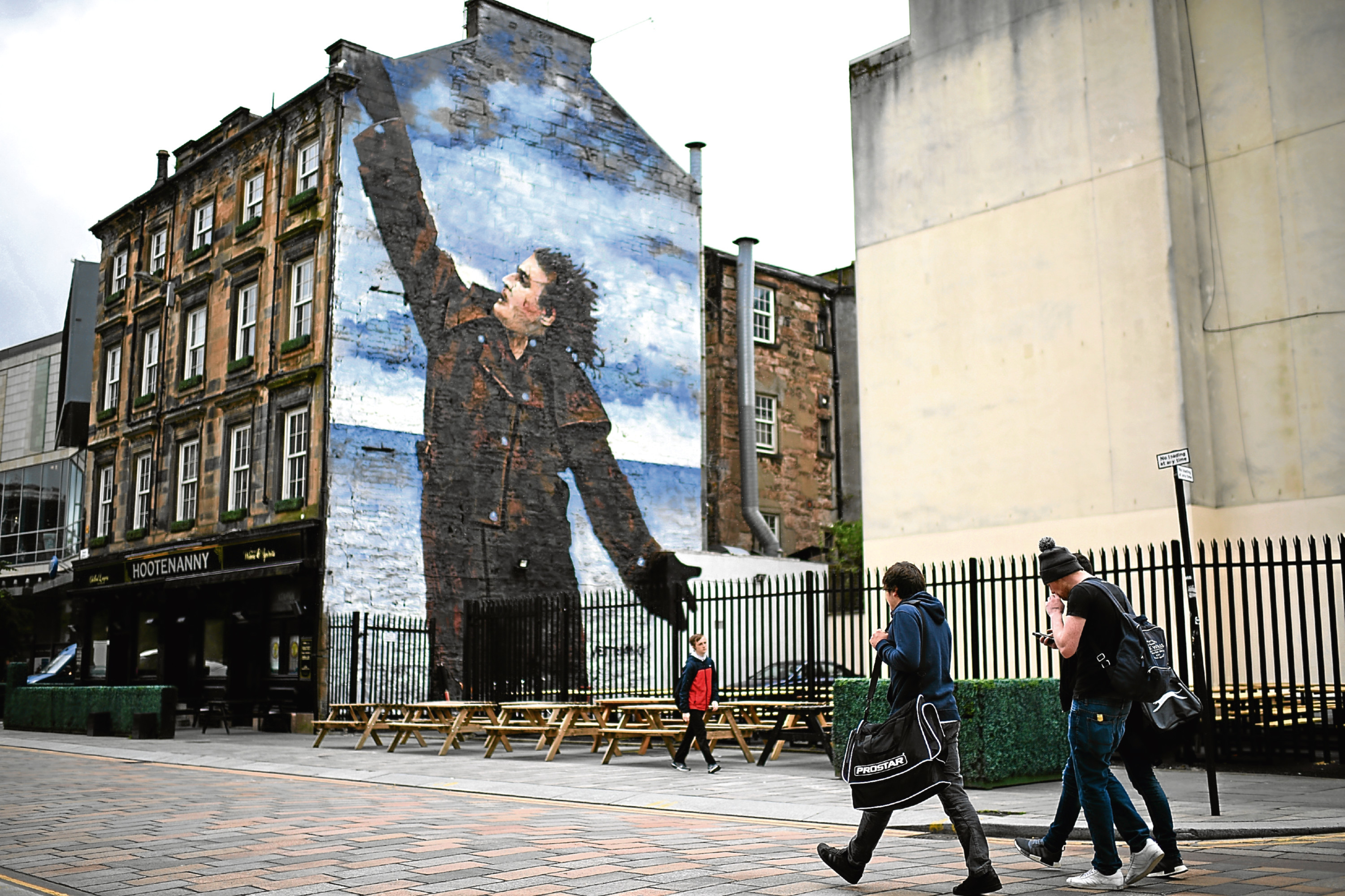How confident do you feel? Confidence seems like a small-scale emotion when young, a thing to do with exams and first job interviews.
As you get older, it grows in significance. In jobs like mine, people lose their confidence and their fingers freeze over the keyboard, never able to write well again.
Old people lose their confidence and their world shrinks around them. We discover how much of life is based on bluff.
As you grow up in a western society you come to understand that most things in public affairs boil down to the financial markets, where confidence is everything.
I once did a stand-up comedy gig and the essence to that was the confidence not to run away before the compere called your name. It would also have helped if I was funny.
Billy Connolly is considered the father of modern stand-up – him and Robin Williams. Connolly’s show doesn’t consist of jokes, as such, but stories – whimsy, as he would call it.
The brilliance is to resist a sequence of punchline and laugh and instead have the confidence to draw the audience in to your confidence. The confidence trick works on a similar principle – the trickster shows confidence in the target, to build trust, then asks for that confidence in return.
Scotland is often said to have a confidence problem. Sir Billy’s career casts doubt on this – audiences liked his humour, his career has been a success and now there are three murals many storeys high celebrating him in Glasgow.
That suggests the usual claims that a relatively low-income background is a handicap, that Scotland knocks down its talent or that there is a Scottish gene to self-destruct are all wrong.
Connolly did go through a phase of being knocked by the press in the late 1970s – Glasgow’s tabloid didn’t like him being the toast of London. That seems to have evaporated and his attempts at self-destruction were stopped by teetotalism. We can see Connolly for what he is: a global comedy giant, unashamedly Scottish.
Nationalists are inclined to say we lack confidence and this explains our reluctance to self-govern or to conquer the world.
It seems to me we are awash with talent and much of it doing very well.
I suspect there are many nations who envy our global status for talent and energy – it’s not hard to find a Scots actor, writer, film-maker, musician, businessman or campaigner of serious repute. Perhaps we don’t boast enough about how our talent runs global companies or competes for other accolades? Or the argument – that we lack confidence – is simply b*****ks, as Connolly might say.
It was en vogue 15 years ago to discuss the confidence question because Carol Craig brought out a book on our lack of confidence. She turned the tables by blaming nationalists for endlessly banging on about how things could be better if only we were free.
The Scottish Government gave her some money to explore this and the Centre for Confidence and Well-being continues to this day.
I was horrified that she’d pinned the blame on Nats when the Labour establishment seemed much more culpable. Now, I think the political culture in general favours a ‘poor me/us’. The latest example of this is the Scottish Government getting into full outrage mode on the unfairness of the DUP deal to prop up the UK Government when, in the same week, the poverty tsar has published another important report on what to do about social deprivation.
Outrage at something over which we don’t have control, but can feel hard done by, always trumps action over things we do control, but need to take risky decisions about.
Both Labour and the SNP in Scotland have ceded hope and good humour to the Tories, which is a pity.
All our political parties need to be able to see Scotland for what it is – which includes cultural and professional confidence. Whether it is Billy Connolly on three Glasgow walls, each mural by a confident artist, or the burgeoning confidence of Dundee in its new museums and landscaping or the world’s largest arts festival about to begin in Scotland’s capital.
Of course, there are people in our community who could do with more confidence but the answer to that lies in social policy, not tribal politics.
Most of us, most of the time, can be as confident and successful as anyone else in the world and because we are a successful, stable society, more of us get a chance at that than people elsewhere in the world.
We don’t need to create ‘confidence’ – what we need to do is make Scotland fair for all.
Stop whining and start doing is the instruction and we could start by taking the poverty tsar’s report off the shelf and putting it into action.
